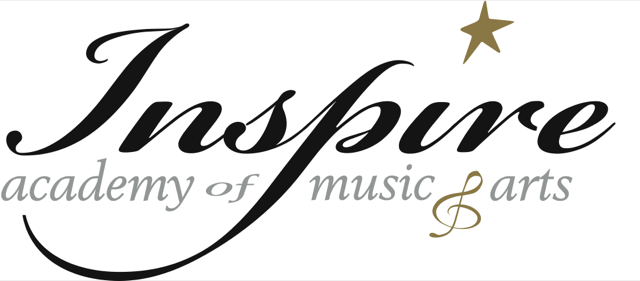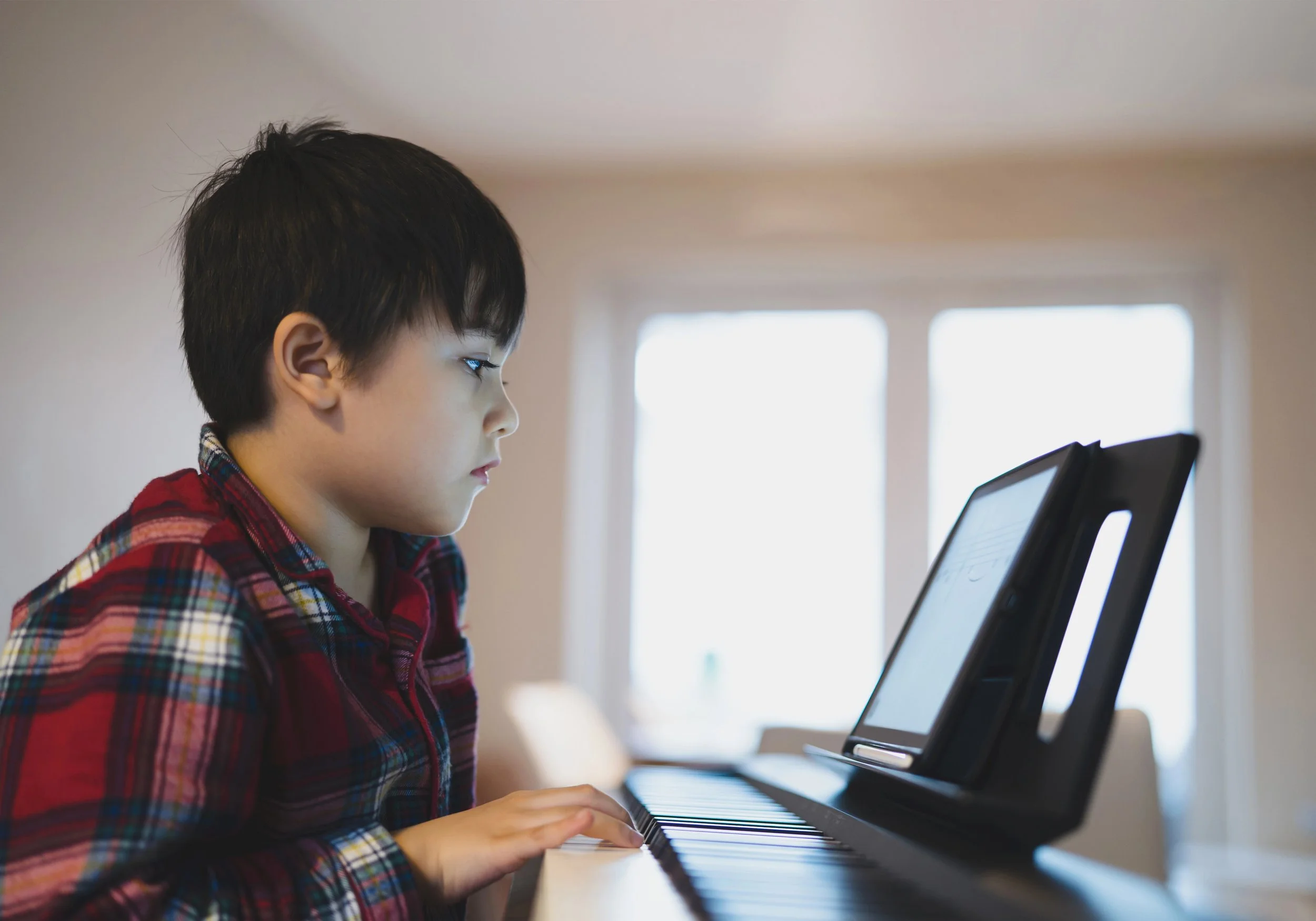Bach vs Bash: Music or Coding?
Deciding how to give our kids the best possible start in life is a feeling every parent knows well. With the world moving faster than ever, it's easy to feel the pressure to choose activities that will give them a real advantage. This often leads us to coding classes and programs that promise to turn our little ones into tech geniuses. But what if there were another way?
Enter: Music Lessons!
Before you sign your child up for that coding bootcamp, let's explore why learning to play an instrument might just be the perfect first step for your little one.
🎵 Why Music Is So Good for Young Children
1. It Helps Their Brain Grow Stronger
Music activates lots of areas in your child’s brain—hearing, movement, memory, even emotions—all at once. That kind of stimulation is exactly what young, growing brains need to promote development, neural networks, and connections. Studies have found that even just listening to classical music made children smarter, finding that learning and participating in music led to increased grey matter meaning a higher number of neurons firing in the brain.
2. It Builds Social Skills & Emotional Intelligence
Even at a young age, kids can connect with others through music. Whether they’re singing in a class or shaking a tambourine with a friend, music helps them listen, take turns, and feel part of a group. Listening to and partaking in music strengthens the entire limbus system and the corpus callosum, tissue in the brain that helps to regulate emotion and behavior.
3. It Encourages Creativity and Emotional Expression
Your child might not be composing symphonies (yet), but even experimenting with simple rhythms or sounds helps build imagination and confidence in expressing themselves. Creativity is vital to development, future life skills, and increasing the quality of your child’s life.
Young kids can’t always explain how they feel—but they can express it through music. It gives them a safe and calming way to process big emotions.
4. It Teaches Patience and Routine
Music gives kids an early experience with structure: they practice, repeat, and slowly improve. For little ones, that’s a gentle way to build focus and develop a habit of working toward goals—without pressure.
5. It Builds Confidence
There’s nothing like the proud smile of a 5-year-old who just played “Twinkle Twinkle” on their own, knowing this is just the first of many accomplishments. Music gives kids a safe, fun way to try new things and feel successful, employing them to create foundational confidence that they will resort to each time a new challenge arises.
6. It Boosts Memory
Even learning a simple song exercises your child’s memory. Over time, music training helps improve both short- and long-term memory skills—which also support learning in school.
7. It Helps with Language & Listening
Music is full of patterns, pitch, and rhythm—all the same things kids need to pick up language and reading. It strengthens the part of the brain that processes sound and makes it easier for kids to hear subtle differences in speech.
8. It Improves Motor Skills
Whether they’re clapping, tapping a drum, or playing keys, your child is building coordination and muscle control. This supports other milestones like handwriting and balance, and longer impacts like healthy joints and increased ability for longer.
9. It Teaches Time Management (In Tiny Doses)
Even a 10-minute practice session helps kids begin to understand how to manage time and stick with a routine—important skills they’ll use throughout life.
10. It Opens Doors Later On
Even if your child never becomes a musician, music lays a strong foundation for learning, creativity, and emotional resilience. Those qualities can help them thrive in anything—from academics to relationships.
But What About Coding?
Don’t get us wrong—coding is awesome, especially as kids get older. It teaches logic and problem-solving, and it's a great skill for the future.
But for little ones, music does more. It’s sensory, emotional, physical, social—the whole brain lights up when they engage with it. And those early years are a golden window for developing the kind of well-rounded intelligence that sets the stage for lifelong learning.
A Final Thought for Parents
It's easy to feel like the world is spinning faster than ever, and that there's always a new skill your child needs to learn to succeed. But while technology and trends change, some things are timeless. What kids really need today is the same thing they've needed for thousands of years.
Music has been a gift to humanity since the dawn of civilization. From the first lullaby over 4,000 years ago to the ancient Greeks using it in plays and worship, people have always revered music. Across different cultures, music has been seen as a divine creation. Hindus believe Brahma, the god of speech, created it; Egyptians credit Thoth, the god of writing, with forming it from words; people in Niger believed it came from forest spirits; and the Aztecs thought a man found it in the sun itself.
Humans have always been connected by music, and in today's fast-paced world, that connection is more important than ever. Music connects us to our history, our planet, and each other. While its deep emotional and cultural benefits have always been understood, we are only now starting to truly grasp its incredible cognitive benefits as well.
You can always add another coding class to your child's schedule, but consider adding a music class instead. Give them the gift of music—for their future, for their health, for them.

